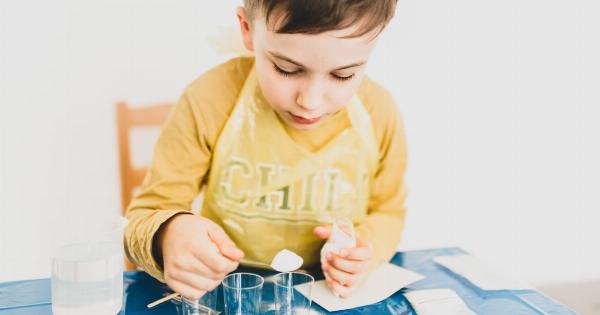Manic depression, also known as bipolar disorder, is a mental illness characterized by extreme mood swings. Those with the disorder experience highs, known as manic episodes, and lows, known as depressive episodes.
While many may view this disorder as debilitating, some argue that it may be linked to increased creativity and artistic ability.
What is Manic Depression?
Manic depression, or bipolar disorder, is a mental illness that affects approximately 2.6% of the population. Those with the disorder experience episodes of mania and depression, which can last for days, weeks, or even months.
During manic episodes, individuals may feel extremely energized, impulsive, and restless. They may also have grandiose thoughts and beliefs, and engage in risky behavior. During depressive episodes, individuals may feel sad, hopeless, and have trouble with daily activities such as sleeping and eating.
The Link Between Manic Depression and Creativity
While many may view manic depression as a debilitating illness, some argue that it may be linked to increased creativity and artistic ability.
Many famous artists, writers, musicians, and actors have been diagnosed with bipolar disorder, including Vincent Van Gogh, Sylvia Plath, Ernest Hemingway, and Carrie Fisher. Some researchers believe that these individuals were able to tap into their heightened emotional states to create powerful pieces of art.
Studies have also linked bipolar disorder with increased divergent thinking, which is the ability to come up with multiple solutions to a problem.
This type of thinking is essential in artistic creation, as artists must be able to think outside the box and come up with novel ideas. In fact, one study found that individuals with bipolar disorder scored higher on creativity tests compared to those without the disorder.
The Science Behind the Link
While the link between manic depression and creativity may seem intuitive, researchers are still trying to uncover the mechanisms behind this relationship.
One theory is that bipolar disorder may be linked to increased activity in the frontal lobe of the brain, which is responsible for planning, decision-making, and creativity. During manic episodes, this area of the brain may become hyperactive, which could lead to increased creative output.
Another theory is that bipolar disorder may be linked to increased sensitivity to emotions, which could allow individuals to tap into their emotions more effectively during the creative process.
This heightened emotional sensitivity could also lead individuals to experience extreme emotional states, such as those experienced during manic and depressive episodes.
The Dark Side of Creativity
While the link between manic depression and creativity may be intriguing, it is important to remember that bipolar disorder can also have a dark side.
Many individuals with the disorder suffer from debilitating mood swings that can interfere with daily functioning. Additionally, individuals with bipolar disorder are at increased risk for substance abuse, suicide, and other negative outcomes.
Even those who are able to channel their creative impulses into their work may still struggle with personal relationships and other aspects of daily life.
The pressure to constantly produce new work and live up to the high expectations of others can be overwhelming, leading to burnout and exhaustion.
Treatment Options
While there is no cure for bipolar disorder, there are a variety of treatment options available. These may include psychotherapy, medications, and lifestyle changes such as exercise and stress reduction techniques.
It is important for individuals with bipolar disorder to work closely with a healthcare professional to determine the best course of treatment for their needs.
Conclusion
Overall, the link between manic depression and creativity is complex and multifaceted.
While some individuals with bipolar disorder may be able to channel their heightened emotional states into their creative work, it is important to remember that the disorder can also have a dark side. If you or someone you know is struggling with bipolar disorder, it is important to seek help from a healthcare professional.






























